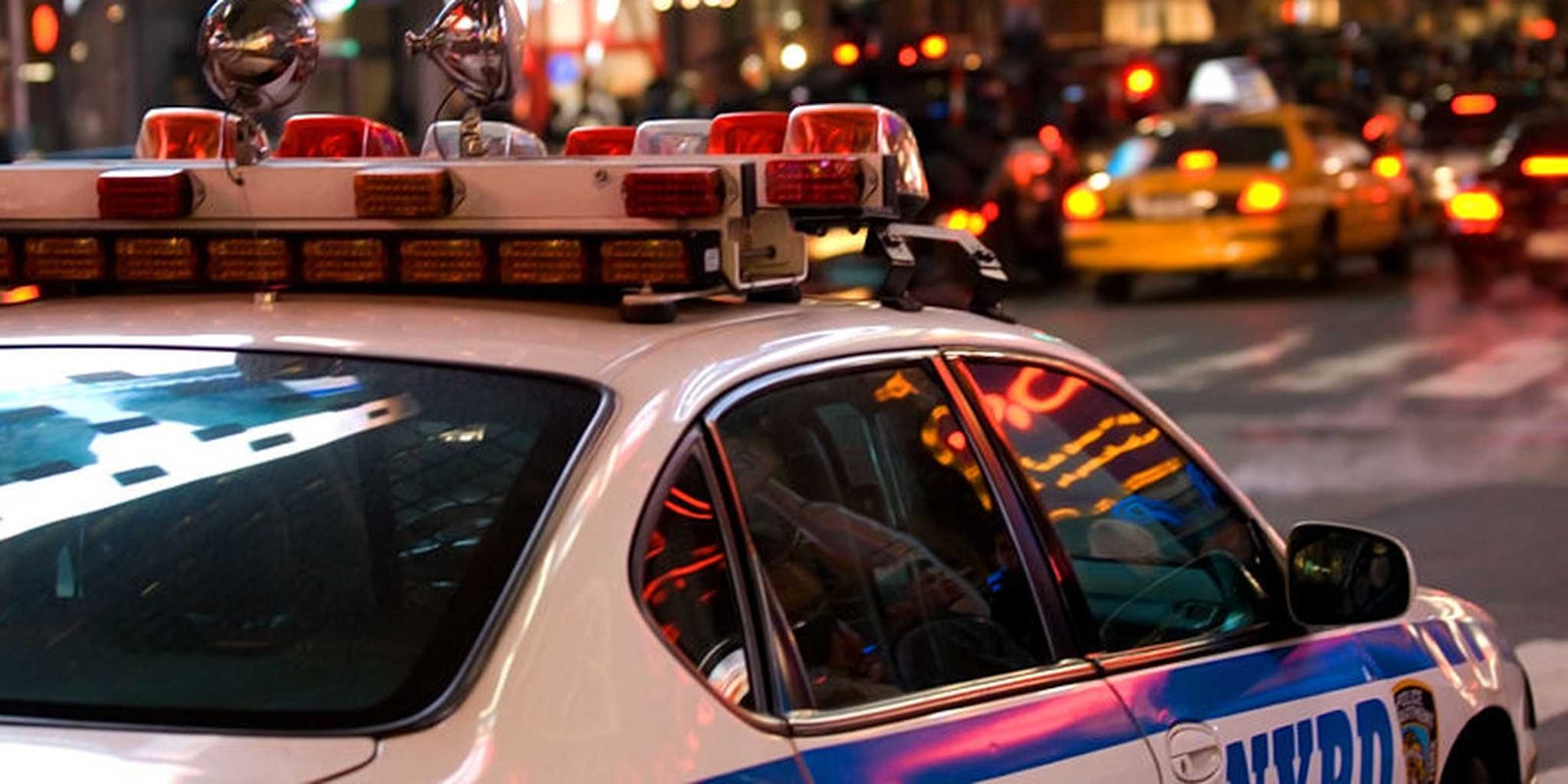The New York Police Department is having trouble diversifying its ranks because so many black men have criminal records, according to Police Chief Bill Bratton.
“We have a significant population gap among African-American males because so many of them have spent time in jail and, as such, we can’t hire them,” Bratton told the Guardian during a May 20 interview.
Along with the introduction of officer-worn body cameras, recruiting more non-white officers is seen by many departments, in the wake of nationwide protests, as a way to ease tensions between police and minority communities.
Bratton linked the problem to what he called the “unfortunate consequences” of the NYPD’s controversial stop-and-frisk procedures, which overwhelmingly targeted black and Latino communities. Bratton also called “the disfavor and the antagonism in the black community toward police” a principal factor in why there are so few black NYPD officers.
At a press conference on Monday, Bratton told reporters that stop-and-frisk has had little impact on the city’s crime rate. “Last year, when we had the lowest number of [stop-and-frisks], we had much less crime, the lowest number of homicides in the recorded history of the department,” he said.
The NYPD’s figures show that nearly nine out of 10 citizens stopped-and-frisked in New York City are completely innocent, the American Civil Liberties Union reports.
But some argue that stop-and-frisk is just a byproduct of another failed policy championed by Bratton known as “broken window” policing. The theory is that if police target low-level offenses, such as loitering or spitting, it will result in a reduction in major crime. There is no consensus among researchers, however, that “disorder enforcement” actually results in lower crime rates.
In a recent interview with the Daily Dot, Chuck Samuelson, executive director of the ACLU of Minnesota, compared the broken windows policy to maintaining an “occupying army” within a community.
“The theory is if you take care of the minor stuff, the big stuff will take care of itself, more or less,” Samuelson said. “But what that involved, basically, is you would saturate high crime areas, or areas where there were problems, with police officers and you’d arrest everybody for anything.”
As the Guardian reports, Bratton continues to embrace the broken windows policy, just as he did when he introduced it to the city while serving as the head of the NYPD in the early 1990s.
H/T Guardian | Photo by William Holies/Wikimedia Commons (CC BY 2.0)


